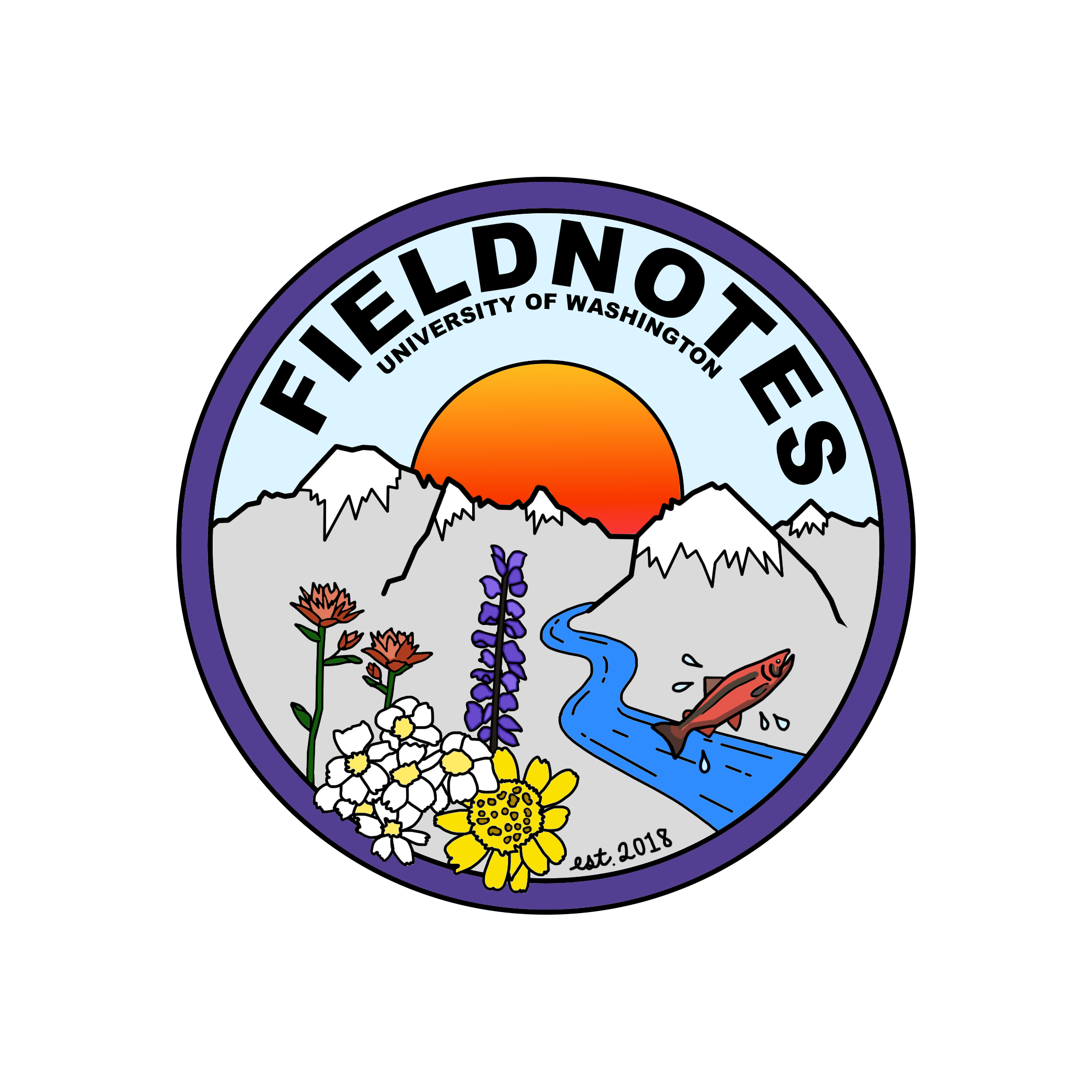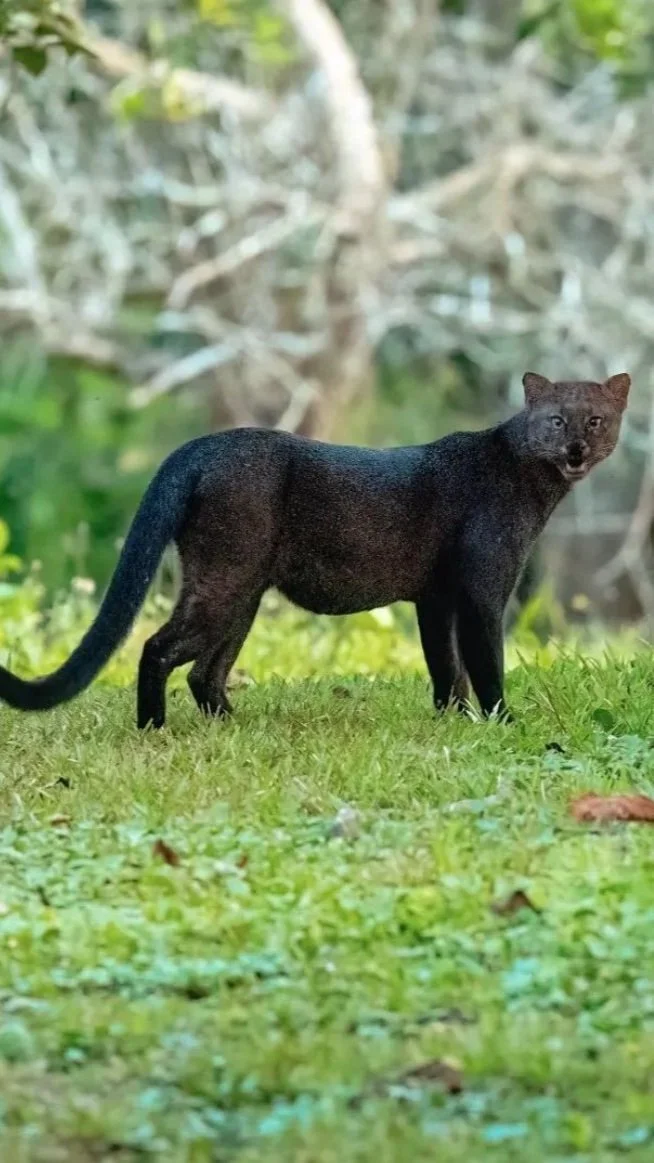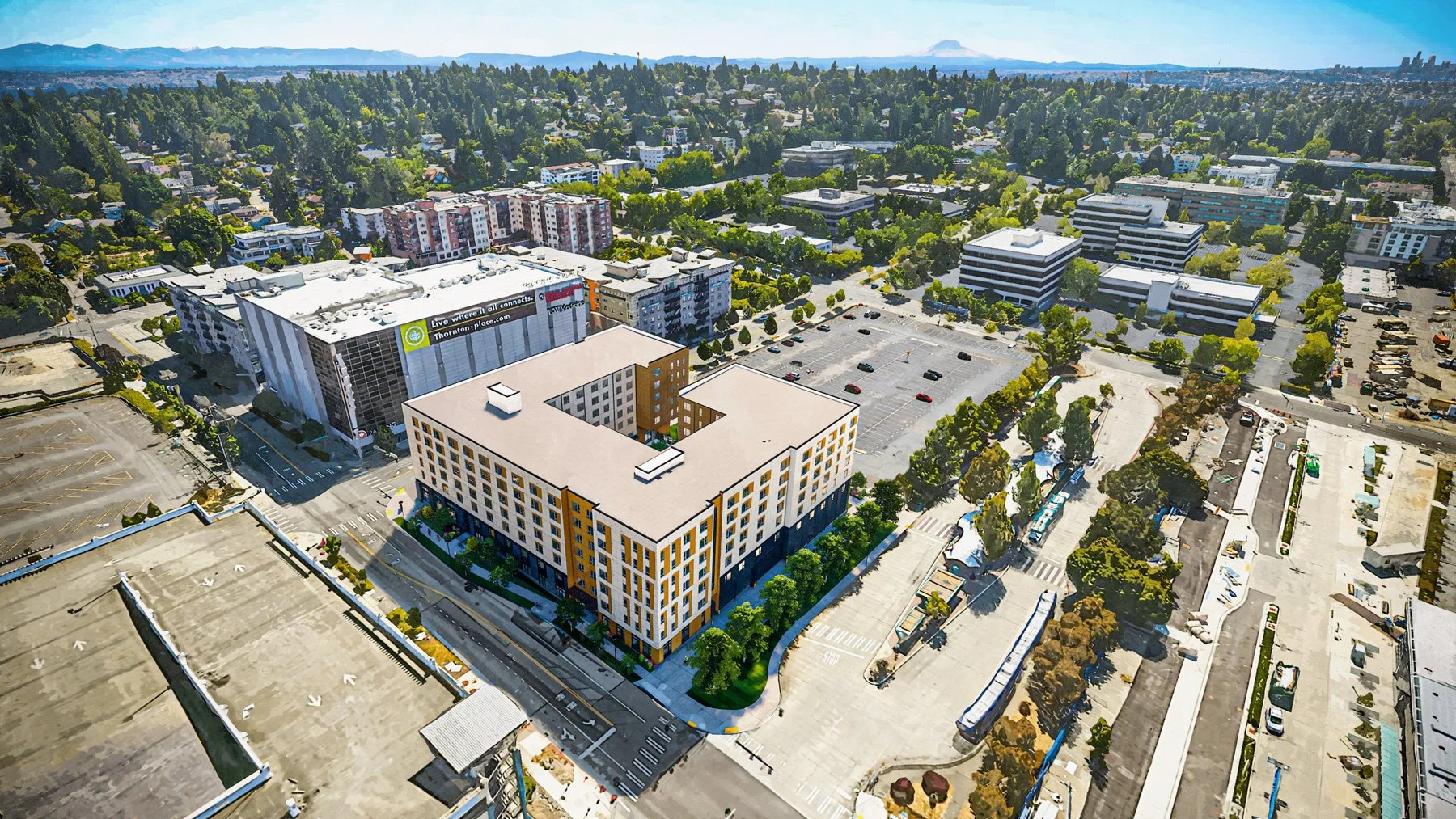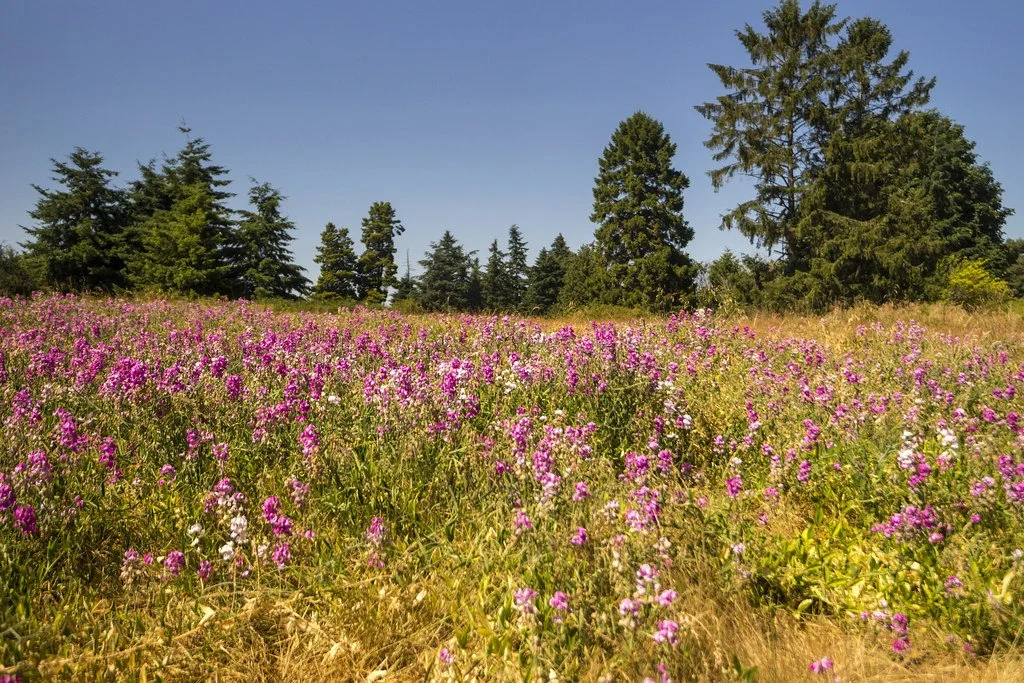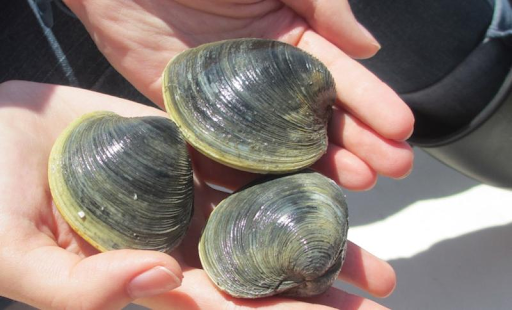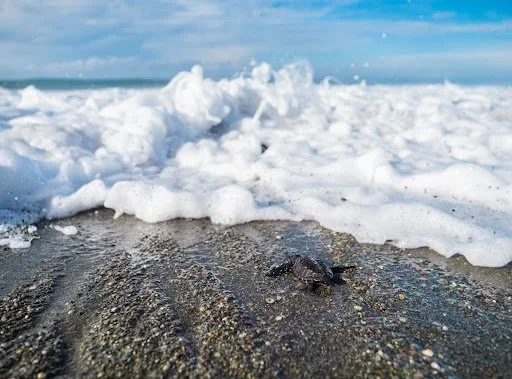Since their construction, the Snake River Dams have sparked controversy. As the need for renewable energy infrastructure grows, however, scientists, politicians, and civilians continue to debate over the sustainability and ethicality of these dams and their impacts on Indigenous sovereignty.
Read MoreAs human development spreads worldwide, the need to understand its impacts on the environment are necessary. Third-year student Kayce Hsueh shares her experience studying in southeastern Peru this past summer and researching the effects of anthropogenic activity on Amazonian mammals.
Read MoreIn August 2023, a sunfish was spotted in south Puget Sound. Scientists speculate on why this tropical fish may have been sighted in the temperate waters of Washington state and what it means for marine life habitat shifts as climate change persists.
Read MoreRecent stories of orca attacks on boats have made global headlines, causing a stir about the future of orca-vessel interactions. Expert orca researchers provide insight on why these creatures may be behaving this way.
Read MoreLow-density housing and urban sprawl are harmful to the environment. To mitigate the impacts of urban warming, shifting toward compact cities and transit-oriented development may be the solution.
Read MoreLow-income communities have little access to organic, locally grown, and plant-based foods. In order to decrease our carbon footprint from meat and food transportation we must increase accessibility to those underserved.
Read MoreFarmers in the UK have planted and maintained hedgerows since Roman times. These plants play an integral part in maintaining biodiversity, supporting agricultural systems, and combating climate change.
Read MoreO'ahu faces a decades-long environmental crisis with their main aquifer. Without proper care, the RedHill Fuel Facility will continue to poison residents' water.
Read MoreGreen spaces in big cities are crucial to human and climate health but are often unevenly distributed among different neighborhoods. Understanding this disparity and learning how it impacts people is the first step in improving access to public green spaces for all.
Read MoreWomen are disproportionately impacted by climate change disasters and have unequal representation in climate decision-making. However, when empowered, women have the knowledge and skills to enact equitable solutions to address climate change.
Read MoreDue to environmental generational amnesia, people are losing touch with the wild. Through a comical interaction with a spider monkey, third-year student Kylie Baker shares the value of these wild connections and the importance of broadening our perspectives of nature.
Read MoreThe Union Bay Natural Area provides an important escape from the bustle of city life, but it may surprise you that sixty years ago it was home to the City of Seattle Dump. Today, restoration projects are in full swing as we continue learning how to regenerate the land on this living laboratory.
Read MoreFour hundred and eighty kilometers from the Oregon Coast lies an active submarine volcano known as Axial Seamount. It is the most studied underwater volcano in the world thanks to the first-of-its-kind program Regional Cabled Array (RCA). This year, Axial became home to another first.
Read MoreThrough the process of ocean acidification, the lives of shellfish are deteriorating at a rapid rate. This not only affects these organisms, but it also impacts the marine environment, surrounding creatures, and the human population. With your help, we can raise awareness and promote conservation of our beloved oceans.
Read MoreUniversity of Washington students are getting their hands dirty by releasing sea turtle hatchlings and supporting conservation efforts in Costa Rica. Third-year undergraduate student, Kylie Baker, shares how she got involved with Osa Conservation and what she’s learned from completing conservation field research.
Read MoreOur global, industrialized food system promotes a disconnect between people and place. Buying seasonally from local farmers allows you to know where your food comes from while offering simultaneous benefits to the environment.
Read MoreAfter being released into the wild from home aquariums, invasive Lionfish populations have begun to dominate deep reef ecosystems. Upon further observation, these fish have been recorded preying on species previously unknown. Studying predator-prey interactions of Lionfish may be the key to cataloging biodiversity in previously unexplored deep reefs.
Read MoreThis dark satire is a refreshing take on an apocalypse movie, and it shouldn’t be the last we see of its kind.
Read MoreLiving in a city, it can be difficult to contextualize the production of food and the importance of farming in our lives. The UW Farm aims to connect people to the land and educate the community about sustainability and what it takes to produce food.
Read MoreHow expensive is it to be zero waste when grocery shopping? I set out to assess the financial sustainability of eating zero waste in Seattle and what this lifestyle might mean for your pocketbook.
Read More